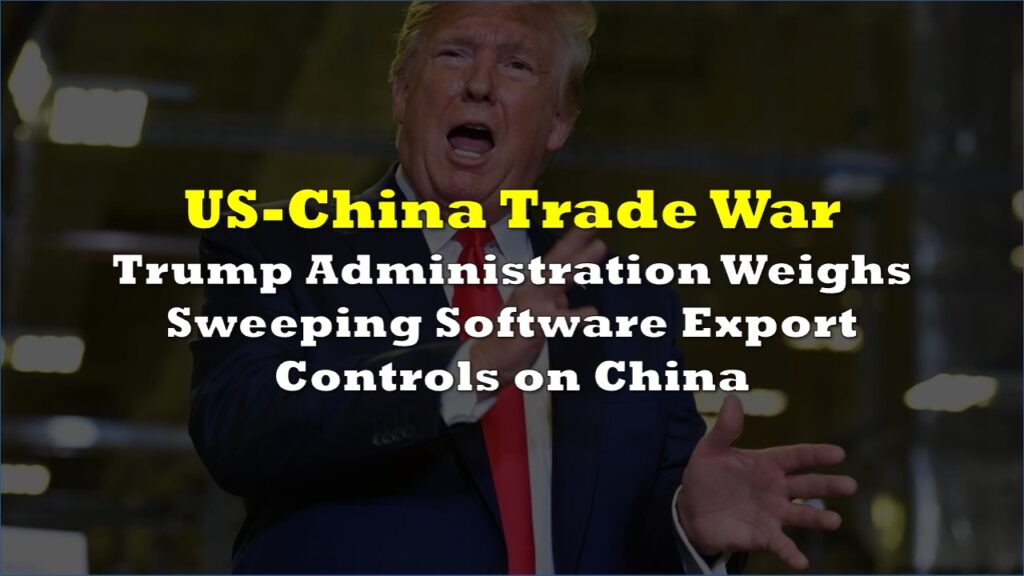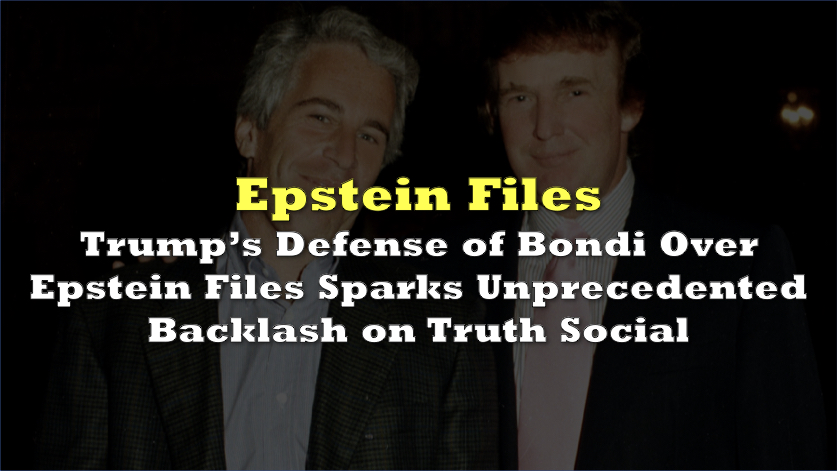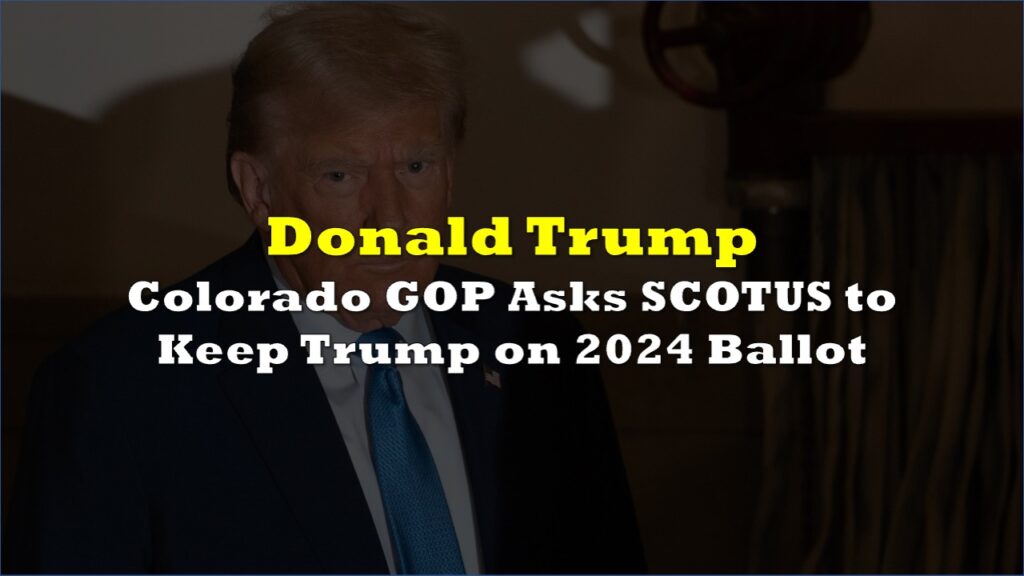The US bought Argentine pesos at the parallel “blue chip swap” rate, Treasury Secretary Scott Bessent said on X as Washington aims to stand with the South American nation to “make Argentina great again.”
Bessent disclosed in a post on X that the Treasury also purchased pesos in spot markets and said the department has “the capacity to act with flexibility and with force to stabilize Argentina.”
The United States stands with Argentina. Yesterday, Treasury bought pesos in the "Blue Chip Swap" and spot markets. Treasury remains in close communication with Argentina's economic team as they work to Make Argentina Great Again. Treasury is monitoring all markets, and we have…
— Treasury Secretary Scott Bessent (@SecScottBessent) October 17, 2025
It is the first time Bessent has publicly acknowledged buying at the blue chip rate. Treasury had already been purchasing pesos at the official exchange rate in Argentina’s local markets earlier in the week.
Argentina’s dollar bonds gained after the announcement, with the 2035 issue up 0.2 cent on the dollar. The parallel rate weakened by almost 1.4% on Thursday despite the intervention.
Understanding the venue matters for price impact. While the official rate is obtained at banks, Argentines use several unofficial rates for financial and cash transactions, with the blue chip swap the reference for investors.
The currency operation follows the Trump administration’s decision to expand support for Argentina to $40 billion. The package combines a $20-billion currency swap already in place with an additional $20-billion facility being assembled by commercial banks and international investment funds.
On top of this, Beijing maintains an $18-billion swap line with Buenos Aires that remains in the background.
Bessent framed the broader program as an “economic Monroe Doctrine,” saying “it’s much better to use the heft of the US economic power rather than have to use military power.”
The aid moves shore up President Javier Milei ahead of the October 26 midterm elections. Bessent clarified that support would continue as long as Argentina pursues what he called “good policies,” after initial suggestions that aid might hinge on electoral outcomes.
The package has drawn criticism during the US government shutdown. Sen. Elizabeth Warren labeled it an “Argentina First” policy that privileges foreign needs over domestic ones. Reporting cited in the notes says major investment managers including BlackRock, Fidelity, and Pimco stand to benefit if Argentine assets rally under the program.
Eight senators, including six Democrats and two Independents, introduced the “No Argentina Bailout Act” to block the administration from deploying Treasury funds for this package.
The trade channel is already feeling effects. American soybean farmers voiced frustration after Argentina suspended export taxes on soybeans following the initial aid announcement, allowing China to source Argentine supply that would normally come from the US.
Information for this story was found via Bloomberg and the sources and companies mentioned. The author has no securities or affiliations related to the organizations discussed. Not a recommendation to buy or sell. Always do additional research and consult a professional before purchasing a security. The author holds no licenses.









